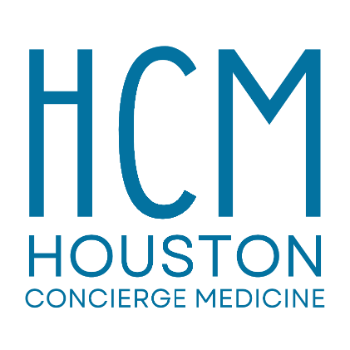Heart Disease Treatment in Houston, Texas

What is Heart Disease?
Heart disease is a broad term that refers to various conditions that affect the functioning of the heart. It is often used interchangeably with the term cardiovascular disease, which encompasses diseases related to the blood vessels as well. Heart disease can include conditions such as coronary artery disease, heart failure, arrhythmias, and heart valve problems.
These conditions can be caused by a variety of factors, including high blood pressure, high cholesterol, smoking, diabetes, and a sedentary lifestyle. Heart disease is a leading cause of death worldwide, but many cases can be prevented or managed through lifestyle changes, medication, and medical interventions.

What Are The Symptoms of Heart Disease?
Symptoms of heart disease can vary depending on the specific condition. However, common symptoms may include:
- Chest pain or discomfort
- Shortness of breath
- Fatigue
- Dizziness
- Lightheadedness
- Swelling in the legs
- Ankles, or feet
- And an irregular heartbeat
Some people may also experience nausea, indigestion, or pain in the neck, jaw, throat, or upper abdomen.
It is important to note that some individuals, especially women, may experience atypical or less obvious symptoms of heart disease. If you experience any of these symptoms, it is important to seek medical attention promptly, as early detection and treatment can significantly improve outcomes for individuals with heart disease.
Diagnostic and Treatment for Heart Disease
Diagnosing heart disease typically involves a combination of medical history, physical examination, and diagnostic tests. Tests such as:
- Electrocardiograms (ECGs/EKGs)
- Echocardiograms
- Stress tests
- Cardiac catheterization
- Blood tests
Can help healthcare providers assess the function of the heart and identify any abnormalities.
Treatment for heart disease can vary depending on the specific condition and severity of the disease. This may include lifestyle changes such as:
- Adopting a heart-healthy diet
- Quitting smoking
- Exercising regularly
- Managing stress
In some cases, procedures such as angioplasty, stent placement, or heart surgery may be necessary to improve blood flow to the heart or repair damaged heart tissue. Overall, early detection, appropriate treatment, and lifestyle modifications are key to managing heart disease and preventing serious complications.
